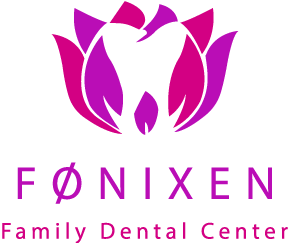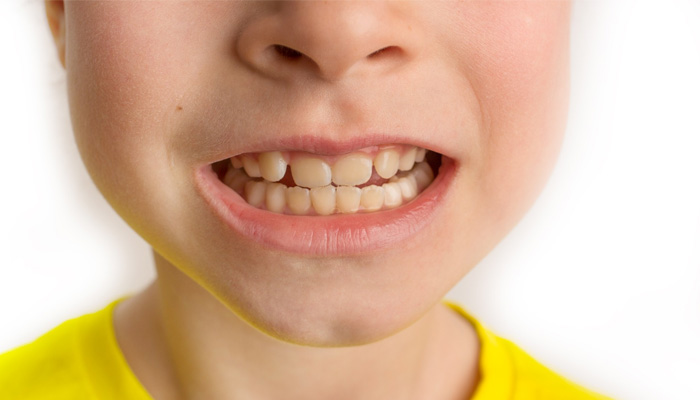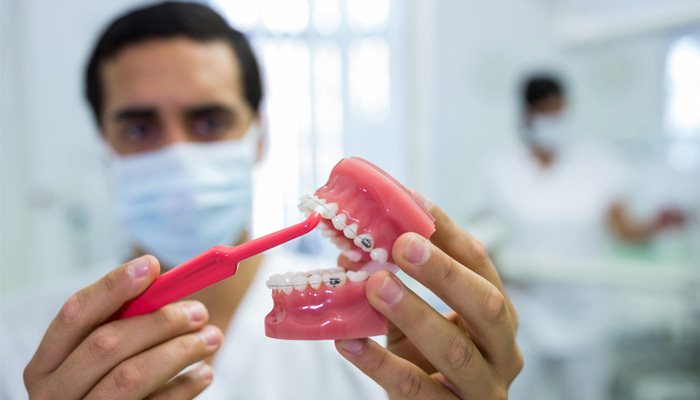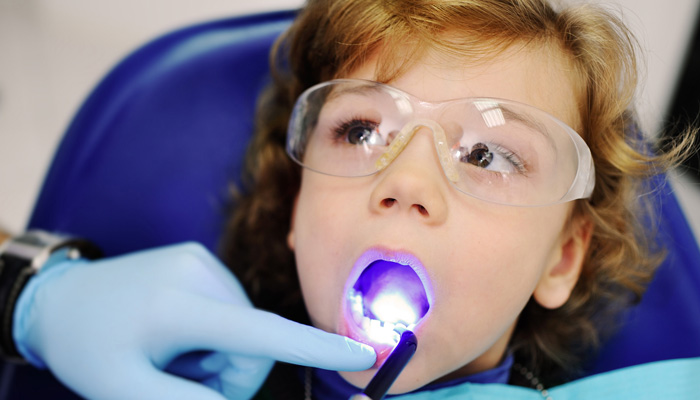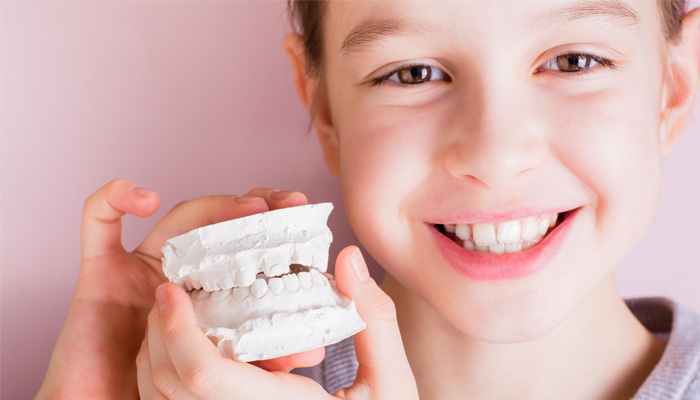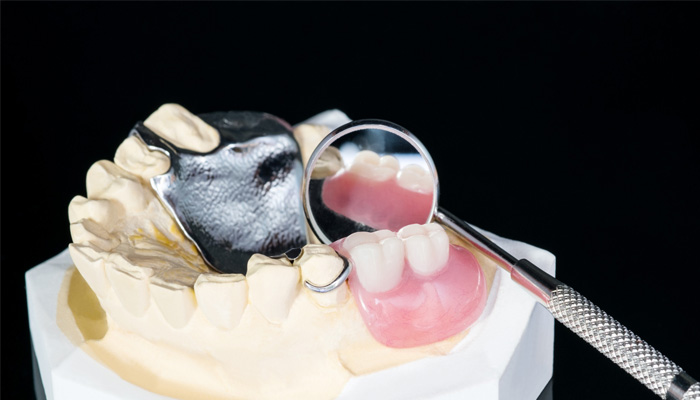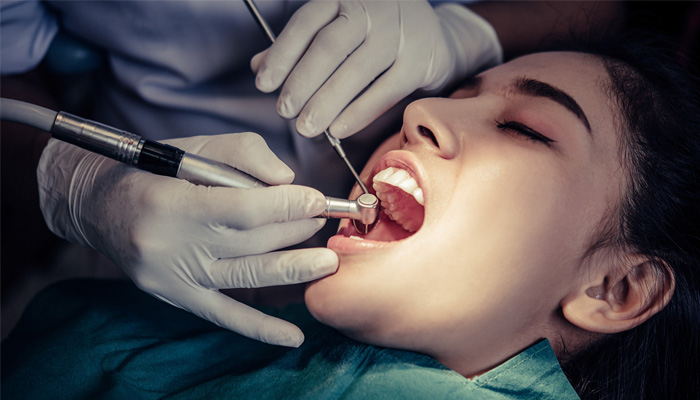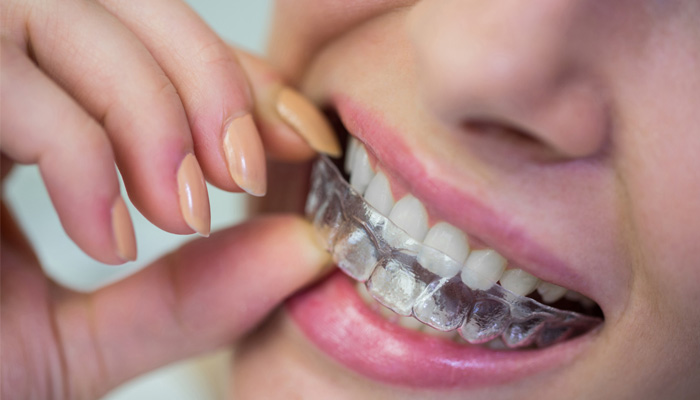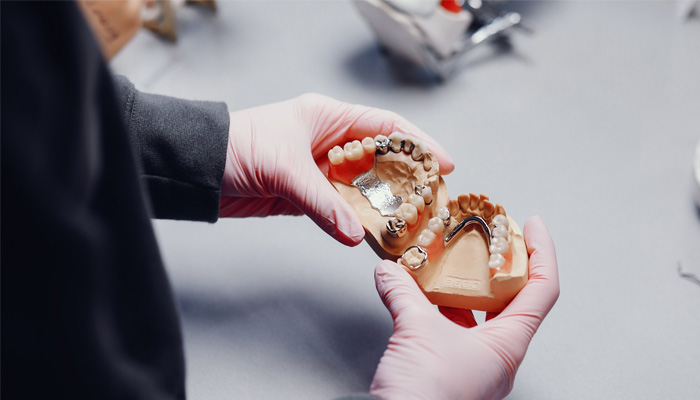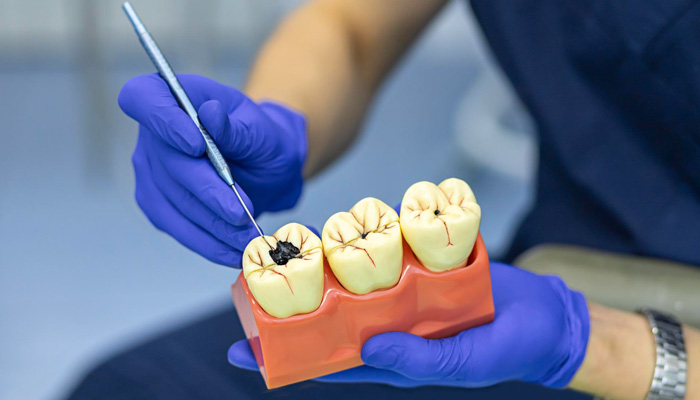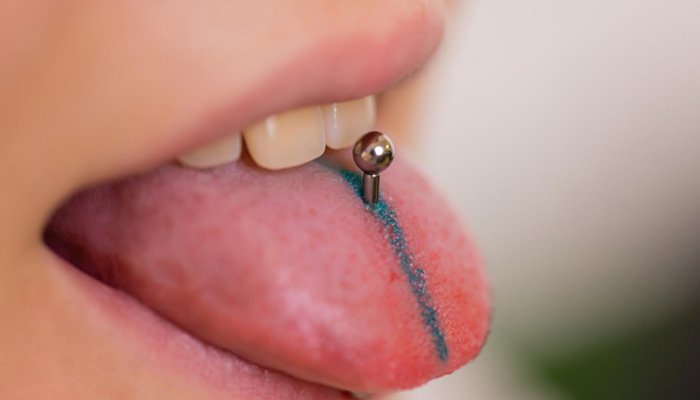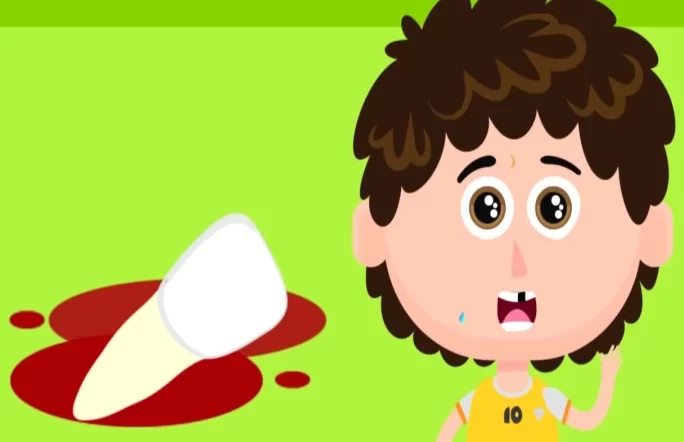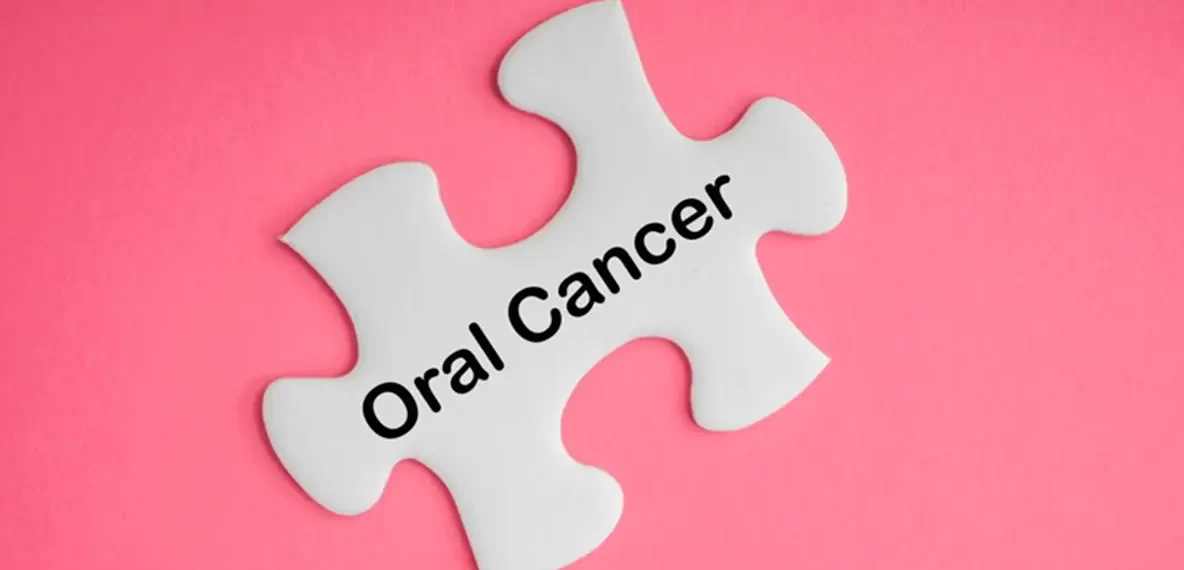Molar-Incisor Hypo mineralization (MIH) is a developmental dental condition that affects the enamel of the molars and incisors, leading to weakened and hypomineralized teeth. This condition typically affects the first permanent molars and incisors, but it can also affect second molars and canines to a lesser extent. MIH can be challenging for both patients and dentists, as it can cause sensitivity, pain, and aesthetic concerns.
Here are some key points about Molar-Incisor Hypo mineralization:
- Causes: The exact cause of MIH is not fully understood, but it is believed to be a combination of genetic and environmental factors. Certain prenatal and perinatal conditions, as well as early childhood illnesses and infections, have been associated with an increased risk of developing MIH.
- Enamel Hypomineralization: The primary characteristic of MIH is the presence of hypomineralized enamel. Hypomineralization refers to a reduced mineral content in the enamel, making it more susceptible to breakage and decay. The affected teeth may have white, cream, or yellow-brown spots or patches, and they may appear chalky or opaque.
- Sensitivity and Pain: Teeth affected by MIH are more sensitive to temperature changes, touch, and pressure. The hypomineralized enamel can wear away quickly, leading to dental cavities and cracks in severe cases. Children with MIH may experience pain and discomfort, especially when eating or drinking hot, cold, or sweet substances.
- Diagnosis: Dentists can usually diagnose MIH by visually examining the teeth. X-rays may also be taken to assess the extent of enamel damage and to detect any underlying cavities. Early detection is crucial to managing and minimizing the impact of MIH on the affected teeth.
- Treatment Options: The treatment of MIH depends on the severity of the condition and the symptoms experienced by the patient. Common treatment approaches include:
- Application of fluoride varnish to strengthen the enamel and reduce sensitivity.
- Dental sealants to protect the affected molars and prevent cavities.
- Composite fillings to restore cavities and improve tooth function.
- Crowns or other restorative treatments for severely damaged teeth.
- Oral Hygiene and Prevention: Good oral hygiene practices, including regular brushing with fluoride toothpaste and flossing, are essential to maintain oral health in children with MIH. Parents should encourage their children to visit the dentist regularly for check-ups and professional cleanings.
- Impact on Quality of Life: MIH can have a significant impact on a child’s quality of life, affecting their ability to eat, speak, and smile comfortably. In some cases, it may also impact their self-esteem due to aesthetic concerns.
- Long-Term Care: Individuals with MIH may require ongoing dental care throughout their lives to manage the condition effectively. Dentists may monitor the affected teeth closely and provide additional treatments as needed.
In conclusion, Molar-Incisor Hypomineralization is a common developmental dental condition that affects the enamel of molars and incisors. Early diagnosis and appropriate dental care are essential to manage the condition effectively and prevent further complications. If you suspect that your child may have MIH, it’s crucial to seek dental evaluation and guidance from a qualified dentist.
